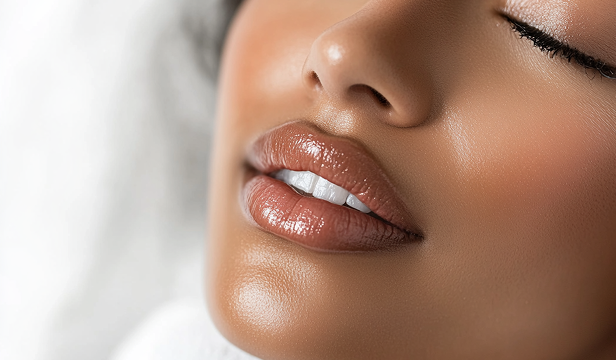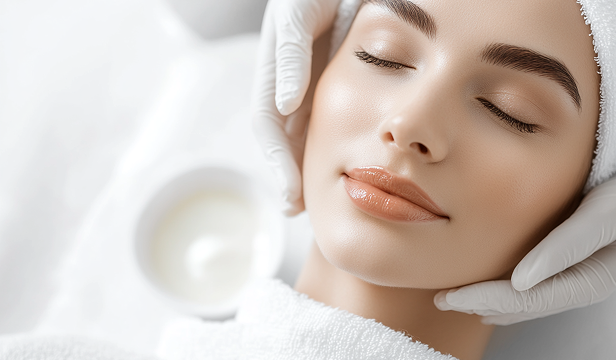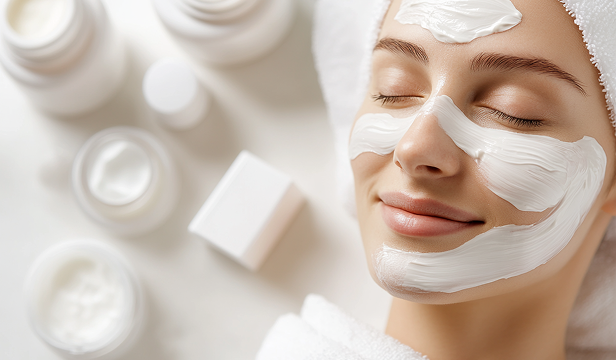Introduction Achieving a more sculpted and defined appearance no longer requires surgery. Thanks to advancements…

Lip Fillers: Everything You Need to Know Before Getting Them
Introduction
Lip fillers have become a popular cosmetic treatment for enhancing lip volume, shape, and definition. While they offer a non-surgical way to achieve fuller lips, it is essential to understand the procedure, potential risks, and aftercare before undergoing treatment.
1. What Are Lip Fillers?
- Lip fillers are injectable substances used to enhance the volume and shape of the lips.
- The most common fillers are made from hyaluronic acid (HA), a naturally occurring substance in the body.
- Other types include collagen-based fillers and fat grafting, though HA fillers are preferred for their reversibility and natural results.
2. Benefits of Lip Fillers
- Enhances lip volume and shape.
- Reduces fine lines around the mouth.
- Provides a more youthful appearance.
- Non-permanent, allowing adjustments over time.
- Minimal downtime compared to surgical lip enhancement.
3. The Lip Filler Procedure
a. Consultation
- A qualified injector assesses your facial structure and discusses desired results.
- Medical history and allergies are reviewed.
b. Preparation
- A numbing cream or local anesthetic is applied to minimize discomfort.
- The lips are cleaned and prepped for injection.
c. Injection Process
- The filler is strategically injected into specific areas to create a natural shape.
- The injector may massage the lips to distribute the filler evenly.
- The procedure typically takes 15-30 minutes.
4. Recovery and Aftercare
a. Immediate Aftercare
- Avoid touching or massaging the lips for at least 24 hours.
- Use ice packs to reduce swelling and discomfort.
- Stay hydrated and avoid excessive salt intake to minimize swelling.
b. What to Avoid Post-Treatment
- No strenuous exercise for 24-48 hours.
- Avoid alcohol and blood-thinning medications (e.g., aspirin, ibuprofen) for a few days.
- No excessive heat exposure (saunas, sunbathing) for 48 hours.
5. Potential Side Effects and Risks
- Temporary swelling and bruising.
- Mild discomfort or tenderness at the injection site.
- Asymmetry or lumpiness (often resolves with gentle massage or adjustment).
- Rare but serious complications like vascular occlusion (blocked blood vessels) require immediate medical attention.
6. How Long Do Lip Fillers Last?
- Most HA fillers last between 6-12 months, depending on metabolism and lifestyle.
- Touch-ups may be needed to maintain desired results.
7. Who Is a Good Candidate for Lip Fillers?
- Individuals looking for subtle or enhanced lip volume.
- Those in good health with realistic expectations.
- Non-smokers (smoking can affect healing and longevity of fillers).
8. Choosing the Right Injector
- Ensure they are licensed and experienced in aesthetic injections.
- Check reviews and before-and-after photos of past clients.
- Discuss expectations and potential risks during a consultation.
Conclusion
Lip fillers can provide a safe and effective way to enhance your lips when done correctly. Understanding the procedure, potential risks, and aftercare is crucial for achieving the best results. Always choose a qualified injector to ensure a safe and satisfying experience.




This Post Has 0 Comments